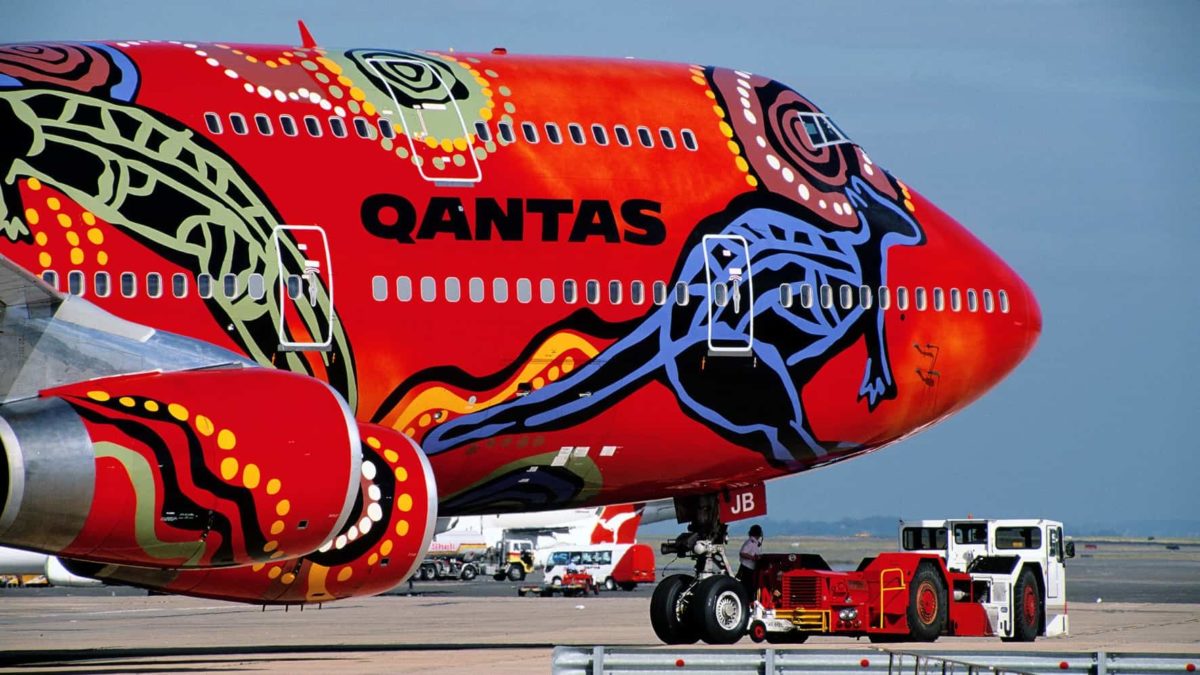Qantas Airways Limited (ASX: QAN) has announced a plan to outsource ground crew in order to axe up to 2,420 jobs.
The airline revealed its intentions on Tuesday afternoon, saying it had briefed staff and unions earlier in the day.
"Outsourcing this work to specialist ground handlers would save an estimated $100 million in operating costs each year," said Qantas Domestic boss Andrew David.
"Today's announcement will be very tough for our hard-working teams, most of whom have already been stood down for months without work. This obviously adds to the uncertainty but this is the unfortunate reality of what COVID-19 has done to our industry."
The outsourcing reviews would take place in three different areas:
- Outsourcing ground-handling operations at 10 Australian airports. This would cut up to 2,000 jobs.
- Outsourcing bus services for customers and staff at Sydney Airport. This could impact up to 50 in-house employees.
- Jetstar will outsource ground handling at 6 Australian airports. There are 370 jobs under threat from this move.
Qantas stated no customer-facing roles would be impacted by the proposals.
Other airlines do it already
Jetstar chief Gareth Evans said "every major airline" in the world outsources ground-handling operations.
"These ground handlers provide these services to many airlines at airports, rather than just one, and provide scalable resources, which makes them very cost effective," he said.
"Contracting this work out also reduces the capital spend required each year. As an example, Qantas and Jetstar would need to invest a further $100 million on ground handling equipment over the next five years, such as tugs and bag loaders, if the work is kept in-house."
The outsourcing revelations follow last week's financial results, which saw Qantas lose $2.7 billion before tax for the 2020 financial year.
Qantas chief executive Alan Joyce at the time begged for national consistency in state border closures, which is crippling the company's operations.
"We still don't understand why states with zero cases for a long time have borders closed to states with zero cases. That doesn't seem to make any medical sense or any advice that we have seen."









